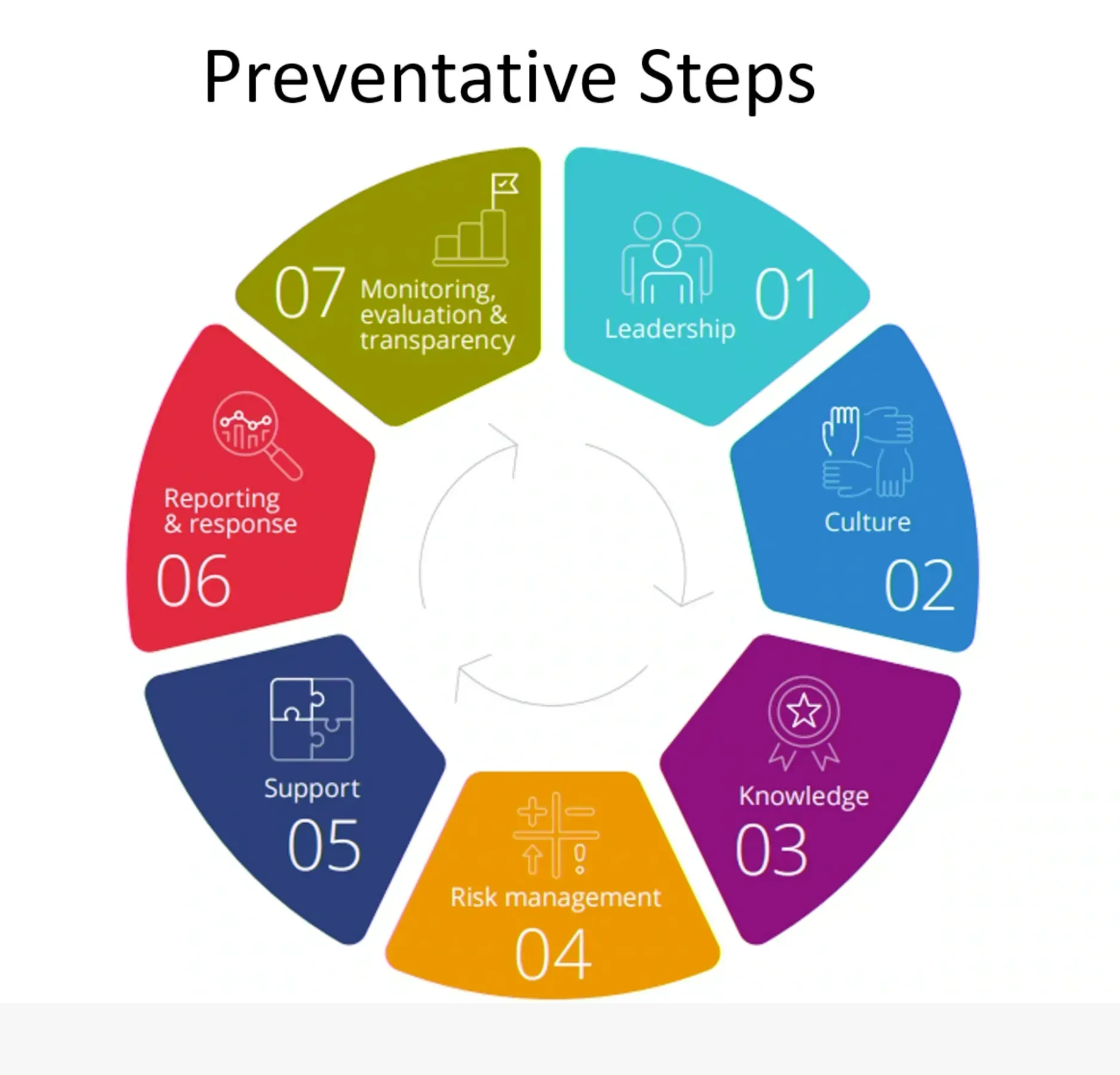Satisfy positive duty through 7 standards: corporate lawyer

Complying with the positive duty to prevent workplace sexual harassment will require a fundamental reset, but the question of how organisations can achieve a proactive stance has already been answered, a senior employment lawyer says.
Ampol Australia senior corporate counsel Damien Marshall said that when the positive duty to prevent sexual harassment was first proposed, most HR practitioners and employment lawyers believed it would be impossible to comply with, because traditionally a harassment incident needed to occur before any action was taken.
"That complaint is a product of the way in which the [anti-discrimination] law has historically been drafted, and also a product of our practice," he told the Australian Catholic University research symposium on workplace wellbeing and psychological health and safety in Sydney this week.
The positive duty was "really simple when you think about it from a health and safety perspective", he said.
But it was "very difficult from a tried and tested and practised HR perspective, where we only act once the event has occurred and once the complaint has been made".
Under changes to the Commonwealth Sex Discrimination Act 1984 that commenced late 2022 (see related article), employers now have a positive duty to eliminate workplace sexual harassment and discrimination as far as is possible.
Where the Australian Human Rights Commission previously needed to rely on victims of sexual harassment to step forward with a complaint, it now has proactive powers to conduct inquiries into an employer's compliance with the anti-harassment positive duty and enforce compliance (see related article).
"[It can] go to the employer and say 'We don't have complaints, we don't have to name anyone, but you need to show us, the Commission, what you are doing to take reasonable proportionate steps to eliminate or prevent sexual harassment'," Marshall said.
"That, I suggest to you, is just as good as a named complainant, because it puts the onus in the employer to show what they're doing to prevent [sexual harassment]," he said.
"If a view has been formed that [sexual harassment] is occurring, it's going be very, very hard for an employer to show they've taken adequate steps to prevent it."
According to Marshall, how employers can get ahead on this has already been answered by the Australian Human Rights Commission in its guidelines for complying with the positive duty under the SD Act, released last year (see related article).
The guidelines outline "seven standards" (see image below) around what the Commission expects organisations to do to satisfy their positive duty, to help them put "meat on the bones" in terms of discharging this duty, Marshall said.
Under these standards, all leadership teams should be trained on issues relating to discrimination, harassment and bullying, and how to respond to complaints, Marshall advised.
Company leaders need to show workers that they are invested in tackling sexual harassment and be seen to treat such issues seriously, he said.
Companies need to leverage knowledge, using data and prior complaints to inform them where the risks are in their organisations; they need to ask where complaints are occurring, whether in a particular department or during certain events that occur at work.
"Monitoring, evaluation and transparency" are key, Marshall said.
"Does your board or does your governing body, depending on how you are structured, get clear data about complaints that have been made?" he asked.
"And do they get the data on what the organisation's done about it? If the answer's no, well that will feed back to number one [leaders] because the leadership won't necessarily drive or demand action."
The seven standards will help organisations move away from a reactive to a proactive stance on sexual harassment, "where we take control of our culture, we take control of our information, and we do things to significantly minimise the possibility of this stuff occurring", Marshall said.
“This article has been reproduced with permission from OHS Alert, and the original version appears at www.ohsalert.com.au”
Contact Us
Zenergy News






